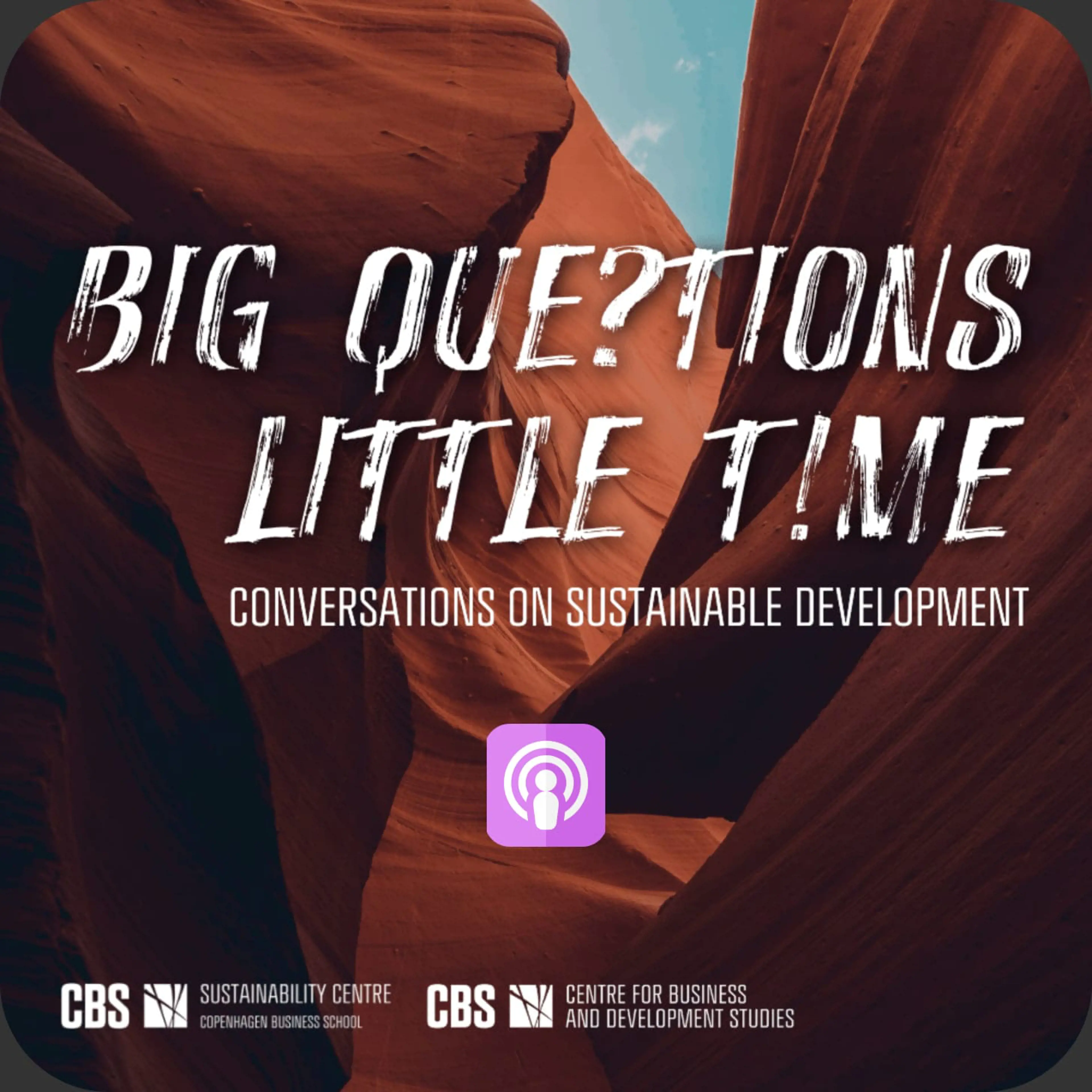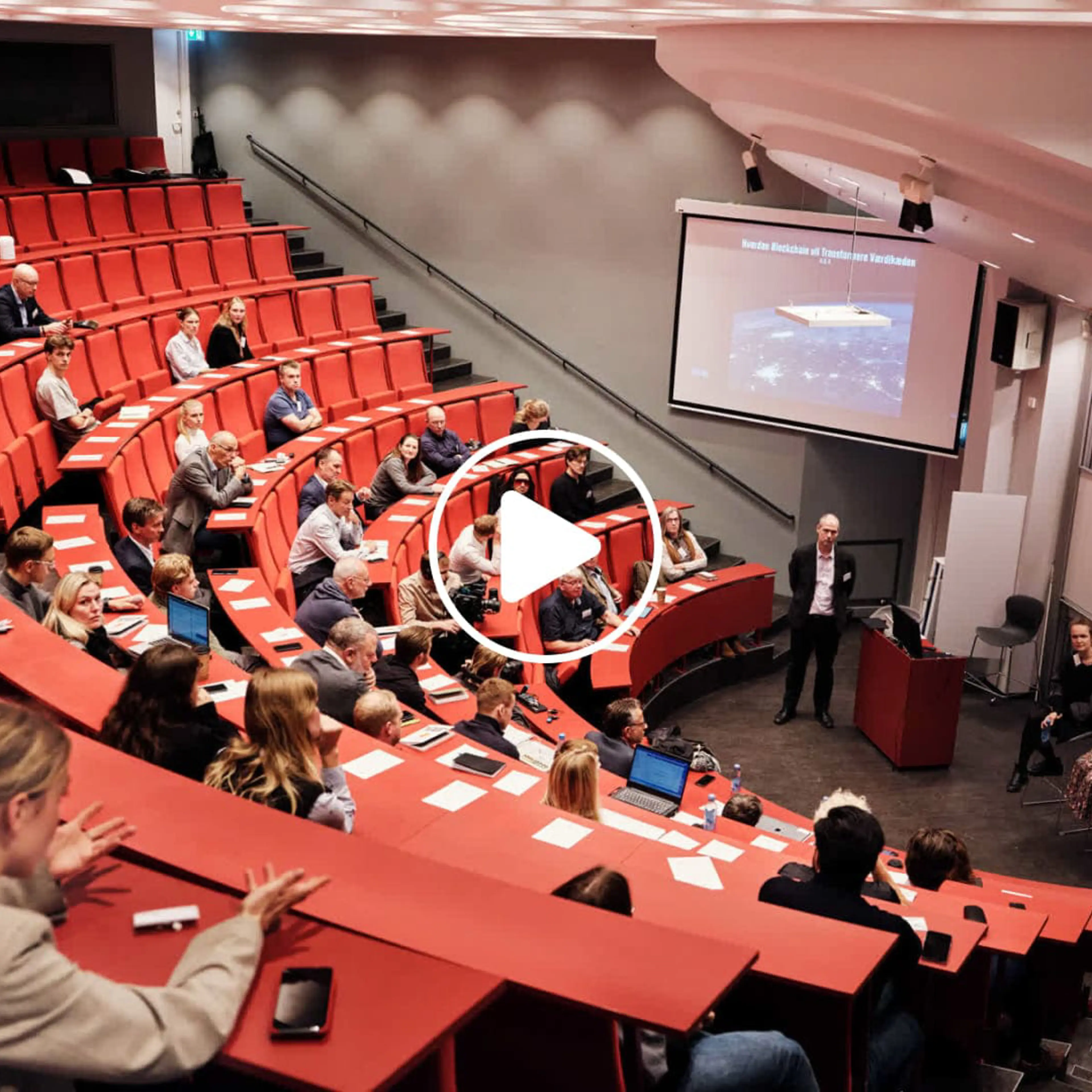Supply chain managers play an increasingly vital role in companies because they are generalists and bridge builders. They are equally comfortable with strategic decision-making, financial metrics, logistics, procurement, and digital and green transformation.
In recent years, geopolitical knowledge has also become more relevant.
New Keywords Several factors explain why knowledge and skills related to supply chains are becoming increasingly important.
Our economy faces significant changes. In a world where wars, populism, and ecological crises threaten and disrupt established trade routes, supply chains have become more crucial and complex over the last three decades.
The transition from a linear to a circular economy exemplifies this. In fact, “circular supply chain” might be a more appropriate term because it emphasises the cycles between raw material suppliers and customers. Expertise in supply chains is now in high demand, but customer integration is equally essential.
Another hot topic for many companies is the EU’s Corporate Sustainability Due Diligence Directive (CSDDD). Although the name does not explicitly mention supply chains, the directive emphasizes that companies must address social responsibility in the upstream part of the supply chain. Legal and socially required transparency is essential; without it, companies risk losing their “license to operate.”
Unfortunately, the importance of supply chains has only recently dawned on politicians. In Denmark, however, the importance has been recognised, leading to the establishment of the Danish Critical Supply Agency (Styrelsen for Forsyningssikkerhed, SFOS). SFOS aims to prepare Denmark for the era of supply chains, and our research closely collaborates with them.
A tool for a Greener FutureThe importance of the supply chain is particularly evident in the context of the green transition, where it plays a central role in creating value and addressing the climate and biodiversity crises. In Denmark, we often export the environmentally intensive processes involved in our value creation to other countries. While we frequently blame China for its high CO2 emissions, we overlook the fact that production for Western markets contributes significantly to China’s emissions. These emissions should actually be accounted for on our CO2 balance sheet, rather than attributing them solely to China. When considering supply chain emissions, Denmark may not be as environmentally friendly as we often assume.
This is where Scope 3 emissions come into play. Scope 3 refers to emissions within the supply chain that are not directly generated by the company itself but by its suppliers. Companies are increasingly held accountable for these emissions.
The key to successful Scope 3 management lies in the use of data. Nowadays, companies track and map more and more details about their supplier networks. Data analysis processes and artificial intelligence are becoming everyday tools for management. In particular, artificial intelligence will impact supply chains—both as a challenge to traditional leadership and as an opportunity for tomorrow’s leaders.
In the future, leaders must be prepared to face new challenges, work with digital tools, and explore innovative solutions alongside their partners.
The era of the supply chain is indeed an exciting one!



